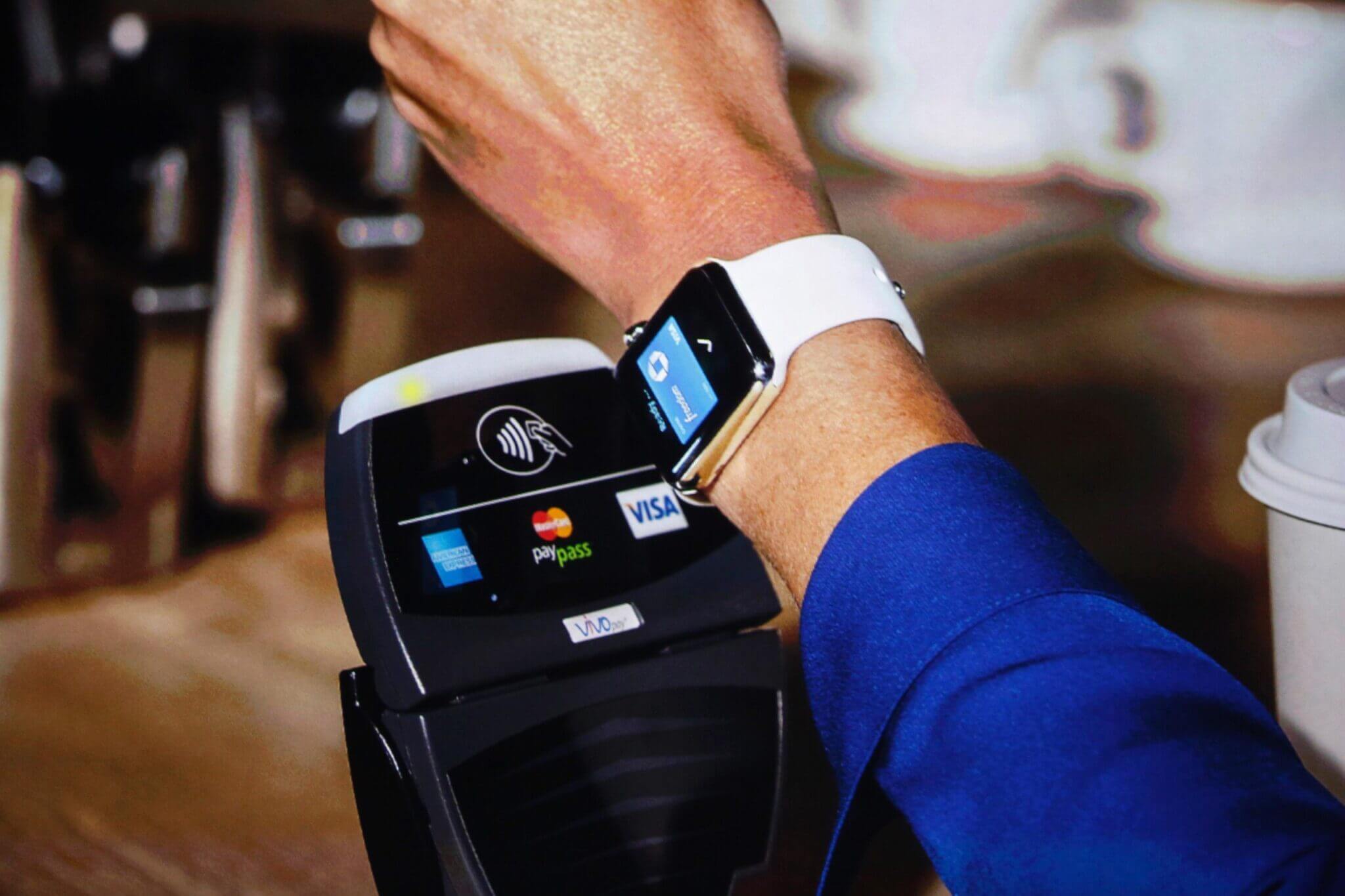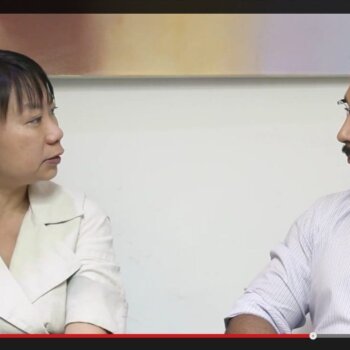Twelve years ago, Apple put a lot of record stores out of business with the launch of its iTunes Store. Eight years ago, the iPhone did the same to makers of mobile phones and digital cameras. In October, it started shaking up its latest target: the credit card.
The debut of its electronic payment system Apple Pay, on the iPhone 6, is already disrupting other players, from plastic to PayPal. But that’s just the tip of the iceberg, say professors at the McCombs School of Business.
Its underlying technology, the near field communication chip, could change our daily lives and create new business opportunities far beyond the cash register. The quick tap of a phone could do everything from unlock a hotel room door to talk with a car’s computer.
NFC is not a new technology, but before Apple Pay, it had little consumer use. “There have been no interesting applications for it until now, with Apple,” says Andrew Whinston, director of the Center for Research in Electronic Commerce. “They’re taking a technology that is already around and putting it together with innovations from a business point of view.”
What is NFC? It’s related to the scanner in a toll-booth, which shoots a radio signal to read a tag on your windshield as you drive underneath. What’s different about NFC is that it’s a shorter frequency, which communicates only up to 4 inches. That means nobody can hack the signal from across a room, though it could still be stolen if a listening device were placed next to the NFC reader.
Even in that case, the hacker wouldn’t pilfer a credit card number. When an iPhone 6 gets scanned at checkout, it delivers an ID number for itself, along with another, one-time code for the transaction. It’s only in a computer — far from the store — that those codes are linked to a credit card account.
That eliminates the step at which retailers like Target have been stung: swiping a card and reading its number from the magnetic strip. “Between the time it’s swiped and it’s encrypted, that’s when people strike,” says Prabhudev Konana, department chair of Information, Risk, and Operations Management.
A final layer of security comes from the iPhone’s fingerprint recognition: A customer has to touch a finger to the screen before the payment will go through.
That’s why Visa, MasterCard, and American Express are all on board with Apple, part of what Whinston calls its business ecosystem. They expect NFC to take a big bite out of credit card fraud, which cost them $7 billion in the U.S. in 2013. That should more than compensate for the 0.15 percent they pay Apple for each transaction.
“The biggest beneficiaries of all this are the credit card companies,” says Konana. Consumers might carry fewer credit cards in their wallets, but they might use the ones on their iPhones more often. “When it’s easy for me to pay,” he says, “I tend to use it more.”
Who’s not a beneficiary? Existing electronic payment systems like PayPal, which was cut loose by eBay three weeks after Apple Pay was first announced. Apple’s system can leapfrog their user bases in a single bound, says Konana, by importing credit card information it already has for 800 million iTunes accounts.
Also unhappy are many big retailers, led by Walmart, which are refusing to accept Apple Pay. Two chains, CVS and Rite-Aid pharmacies, went so far as to turn off NFC terminals they had already installed. The reason: they’ve been creating their own mobile payment system called CurrentC. It would take payment directly from customers’ bank accounts, cutting out credit card companies and credit card fees.
But CurrentC has drawbacks, says Whinston. It doesn’t use NFC, and its payment process takes several more steps than Apple Pay. Worse, the system won’t be rolled out until later this year.
“Retailers will have to fall into place,” predicts Whinston. “Apple is saying, ‘We’re going to bring this into tens of millions of cell phones. If you want to do business in this world, you’d better come to terms with us.’”
Over the long term, the biggest winners from the iPhone 6 may be entrepreneurs. “There will be thousands of new and different ways you can use a mobile device to physically interact with people and things around you,” says venture capitalist Robert Sabella, who helped found the Austin incubator AccelerateNFC to mentor NFC startups.
Sabella envisions hotel guests using smartphones instead of keys or cards to open hotel doors. With a tap, they could check out books from a library or report attendance at a college class. Touching a poster at Macy’s could automatically download the store’s retail app. In each case, NFC makes it a little simpler to get the task done. “We call this reducing friction,” he says.
One company he’s working with, True Mileage, plugs an NFC device under a car’s dashboard. It collects driving data that could lower a driver’s insurance premiums, while also reading diagnostic codes from a car’s computer. The associated iPhone app can explain the problem and pull up a video on the web about how to fix it.
Much as the original iPhone opened doors for millions of app developers, he expects NFC developers to piggyback on Apple Pay. “By 2017, there will be billions of devices with NFC capabilities,” Sabella says. “People will look back historically at today and say this was the transforming moment.”
___________________________________________
About the Author
This article was written by Steve Brooks of Texas Enterprise, a blog dedicated to share the business and public policy knowledge created at The University of Texas at Austin with Texas and with the world. Steve Brooks has won two Neal awards for excellence in trade reporting and a Press Club of New Orleans award for best business story of the year. After working as a staff writer for The Times-Picayune, he moved to Austin in 1991, where he has freelanced for magazines like Fortune and BusinessWeek and newspapers like the Dallas Morning News and the Austin Business Journal. When not writing business articles, he’s an award-winning songwriter for Austin acts like Slaid Cleaves and Albert & Gage, and a six-time winner of the O.Henry Pun-Off World Championship. He’s also a public speaker, speaking at churches around Texas on topics like “Songwriting as a Spiritual Path.”





























